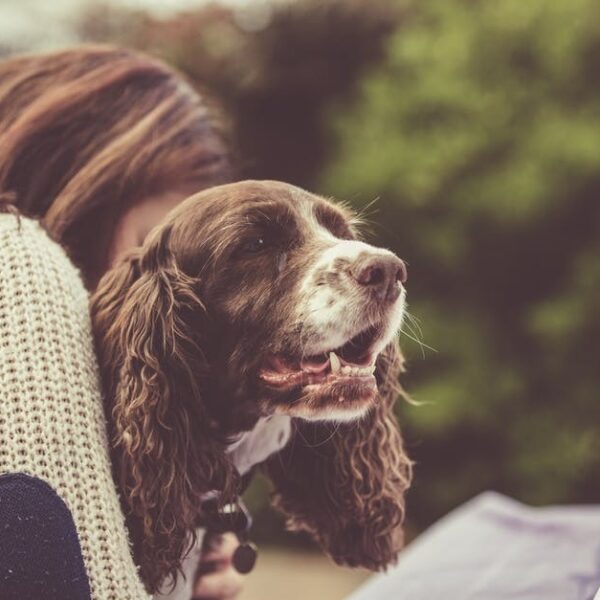Our homes are havens where we find comfort and security. We take precautions to ensure they’re safe for our families, and that includes our furry family members. However, despite our best intentions, many households harbour potential dangers in the form of common household chemicals and cleaners. These can pose significant risks to our pets, and it’s essential to be aware of these dangers and take preventative measures. Moreover, pet insurance plays a crucial role in alleviating the financial burden that might arise should your pet suffer an accidental exposure.
The Hidden Dangers of Household Cleaners
Many household cleaners contain chemicals that can be harmful or even fatal to pets. Some of the most common culprits include:
- Bleach: While it’s an effective disinfectant, bleach can cause respiratory distress, vomiting, and diarrhea if ingested by pets.
- Ammonia: Often found in glass and window cleaners, ammonia can irritate a pet’s mucous membranes and lead to breathing difficulties, burns, or even blindness.
- Phenols: Used in many disinfectants, phenols are extremely toxic to cats and can lead to symptoms like drooling, tremors, and respiratory distress.
- Essential oils: Though they may be natural, many essential oils can be harmful to pets, especially cats. Ingesting or even just inhaling some essential oils can lead to drooling, vomiting, tremors, and difficulty walking.
- Laundry detergent pods: These pose a unique risk as they can be mistaken for toys or food. If bitten into, they can cause chemical burns in the mouth or gastrointestinal distress if swallowed.
Steps to Protect Your Pet
- Store chemicals securely: Keep all household cleaners out of reach of pets, preferably in a locked cabinet.
- Use pet-friendly products: Opt for non-toxic, pet-safe cleaning products available in stores or consider making homemade cleaners using ingredients like vinegar and baking soda.
- Ensure proper ventilation: When using strong cleaners or chemicals, ensure the area is well-ventilated to dissipate fumes quickly.
- Be vigilant: Always keep an eye on your pet and be aware of any changes in their behaviour, which could indicate exposure to a harmful substance.
The Importance of Pet Insurance
Accidents happen, and despite our best precautions, pets can sometimes come into contact with harmful substances. Treatment for chemical exposure can be intensive and expensive, ranging from inducing vomiting and administering activated charcoal to more involved procedures and hospitalization.
This is where pet insurance comes into play. Much like human health insurance, pet insurance covers a portion of veterinary bills, ensuring that pet owners don’t have to face the heart-breaking decision of weighing their pet’s health against their financial capabilities.
For dog owners, having specific dog insurance can be incredibly beneficial. Not only does it provide coverage for accidents and illnesses, but many plans also offer wellness coverage. Given the potential risks posed by household cleaners, having insurance can offer peace of mind, knowing that you can provide your furry friend with the best care possible without breaking the bank.
In Conclusion
Our pets bring immense joy to our lives, and in return, it’s our responsibility to ensure their safety and well-being. By being aware of the potential dangers lurking in our homes and taking proactive measures, we can minimize the risk posed by household chemicals. Furthermore, investing in pet insurance, especially specific dog insurance, can be a lifesaver in unforeseen circumstances, ensuring our pets receive the best care without adding financial strain. Remember, a safe pet is a happy pet, and a well-insured pet ensures a worry-free owner.
Image Credits: Victor Grabarczyk




Like this article? Share with your friends!